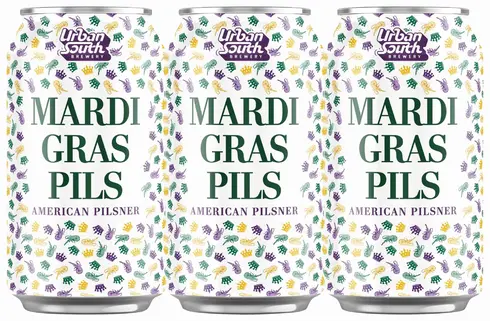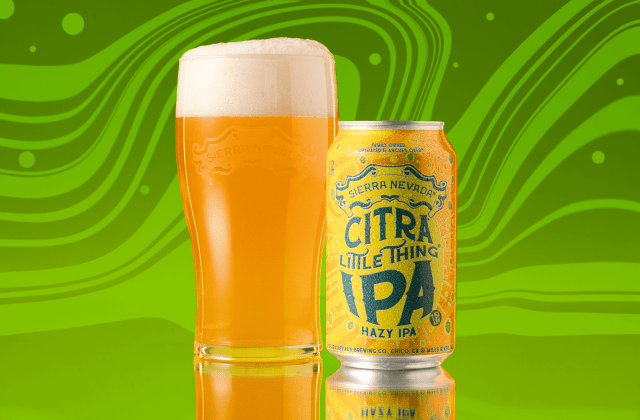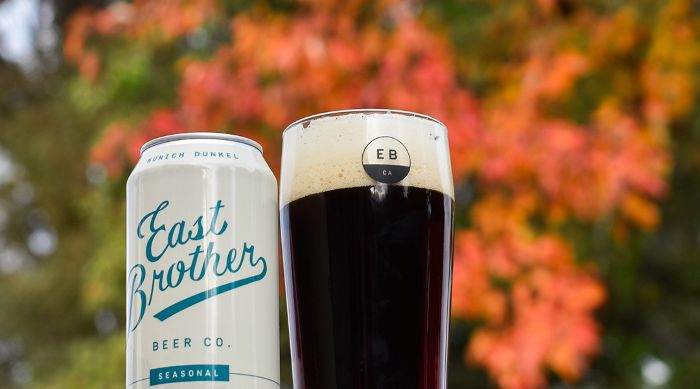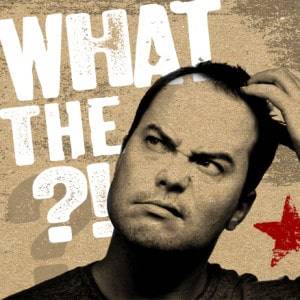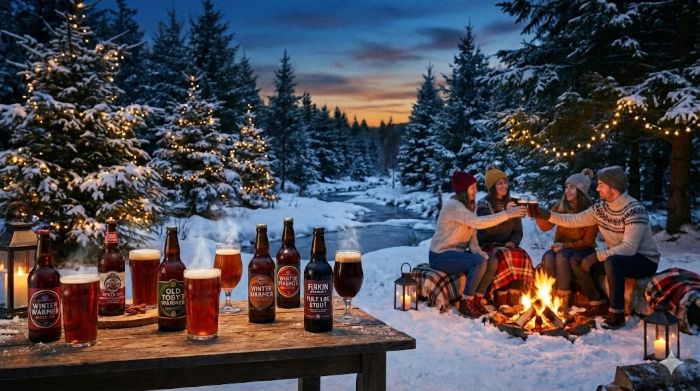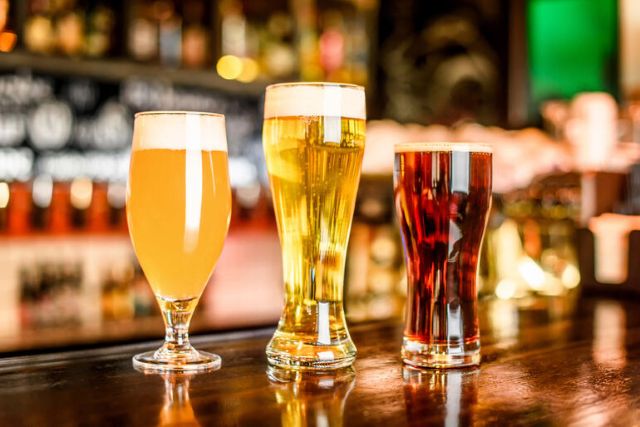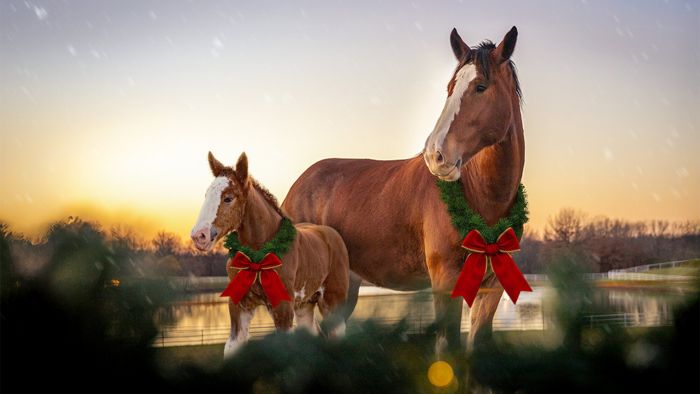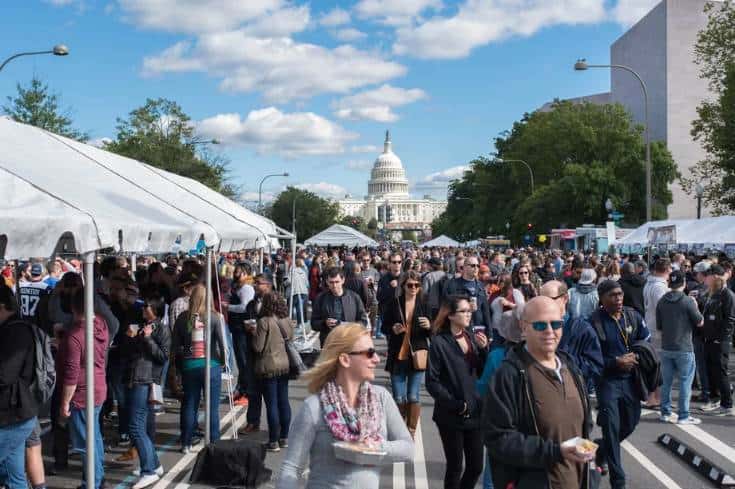Why Legal Drinking Ages Differ Around the World
Why Legal Drinking Ages Differ Around the World
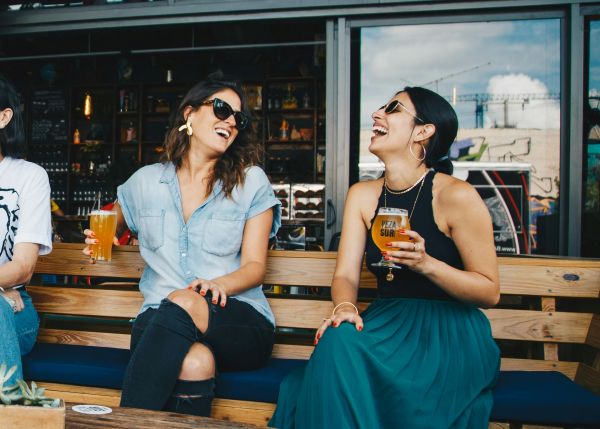
The world of alcohol laws is as diverse as the cultures that shape them. While the numbers may vary — 16, 18, 21, or even no minimum at all — each system carries its own logic.
Whether driven by safety, tradition, or religion, the legal drinking age is one of the clearest ways a country communicates its values around alcohol.
21 and Over: The Strictest Laws
The United States has one of the highest legal drinking ages in the world: 21.
Established nationally in 1984 with the National Minimum Drinking Age Act, the US chose a higher threshold in response to drunk-driving fatalities and public safety concerns. Today, the law is uniformly enforced across all 50 states.
Other countries with a drinking age of 21 include Indonesia, Pakistan, and the United Arab Emirates (for non-Muslims in some emirates), reflecting a blend of public health focus and religious values.
18 Is the Global Norm
Most countries, including Canada, Australia, France, Germany, Argentina, and China, set the drinking age at 18 — often aligned with the legal age of adulthood. In these nations, the assumption is that if someone is old enough to vote or join the military, they’re mature enough to drink responsibly.
Some, like Germany, add nuance: youths can consume beer or wine as early as 16, but must wait until 18 for spirits. The UK allows 16- and 17-year-olds to drink beer or wine in a pub or restaurant as long as it’s with a meal and they’re accompanied by an adult.
Cultural and Religious Influences
In many Muslim-majority countries, alcohol consumption is either heavily restricted or completely prohibited. For instance, Saudi Arabia enforces a total ban on alcohol, while countries like Iran and Kuwait also prohibit both consumption and sale.
Other places, like India, reflect how religious and cultural diversity can lead to regional laws. In India, the legal drinking age ranges from 18 to 25, depending on the state — and in some, alcohol is outright banned.
No Minimum Age
Surprisingly, some countries don’t set a specific legal drinking age at all. Cambodia, Burkina Faso, and Sierra Leone, for example, have no formal minimum age for alcohol consumption or purchase. In these cases, informal social norms often dictate behavior more than government regulation.
Bottom Line
Legal drinking age laws aren’t just about thenumbers — they’re reflections of a country’s broader values around health, freedom, and responsibility.
Higher minimum ages often correlate with efforts to reduce youth alcohol abuse, drunk driving, and long-term health consequences. Lower ages, meanwhile, may reflect a more integrated approach to alcohol as part of everyday life, introduced earlier under family or community supervision.
###


